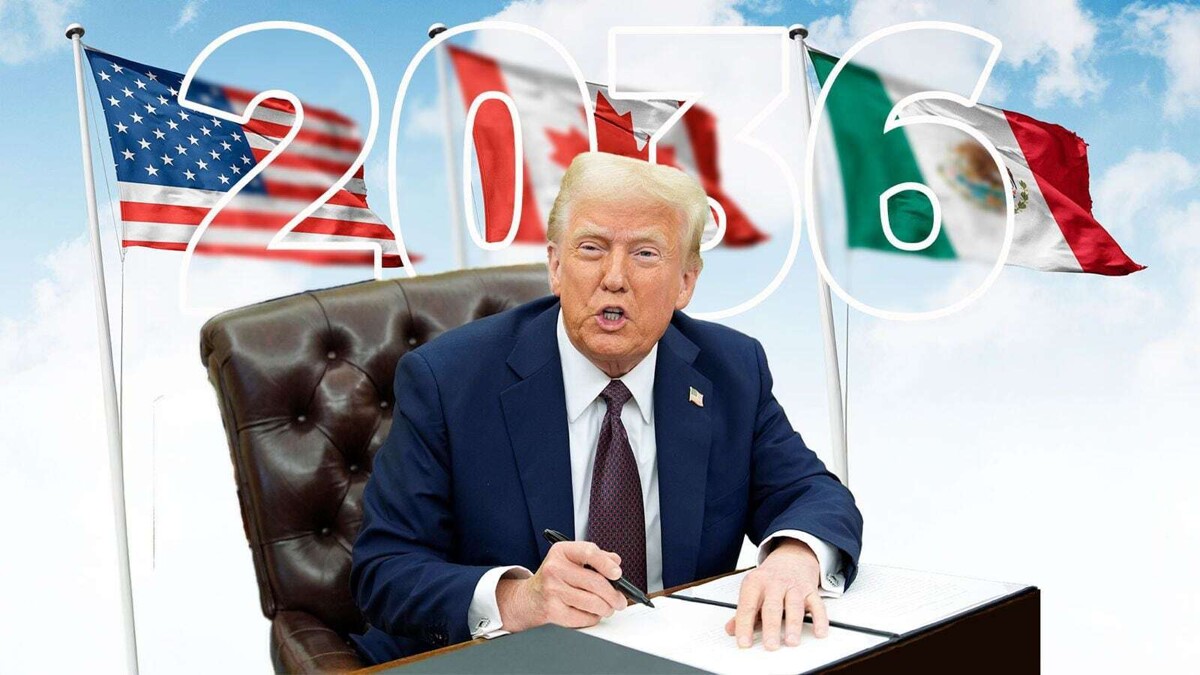
Donald Trump intends to push for the renegotiation of the trade agreement between Mexico, the United States, and Canada (USMCA) before its mandatory review in 2026. The U.S. president has pressured for an early renegotiation of the treaty, threatening with 25 percent tariff threats on Mexican and Canadian products. Trump's intention is to tighten the rules of the pact governing the automotive sector to prevent car factories from leaving the United States.
The review of the USMCA in 2026 involves going over how the treaty works and making necessary recommendations or adjustments as needed. According to the agreement, each country must notify in writing in the sixth year if it wishes to extend the agreement for another 16-year period. If no request for the continuity of the pact is made, an annual review will be conducted until the current term ends in 2036.
Additionally, Trump seeks to hinder Chinese vehicle and auto parts companies from exporting to the United States through factories in Mexico. Canada, for its part, has shown some reluctance to exclude Mexico from a trade agreement with the United States. Although Canadian Prime Minister Justin Trudeau has praised the success of the USMCA, he does not rule out excluding Mexico to achieve a bilateral agreement with the Trump administration.
According to the final rules of the USMCA, the treaty has a duration of 16 years from its entry into force in June 2020, which means it cannot be terminated before 2036. While Trump may wish to dissolve the agreement earlier, Article 34 clearly states that the USMCA concludes in 2036, so any contrary decision would be a breach of the treaty and set a bad precedent in U.S. trade relations.
In summary, despite Trump's pressure and the possibility of renegotiation before 2026, the USMCA remains valid and binding until 2036, and any attempt to undo the agreement before that date would have serious implications for U.S. international trade relations.














